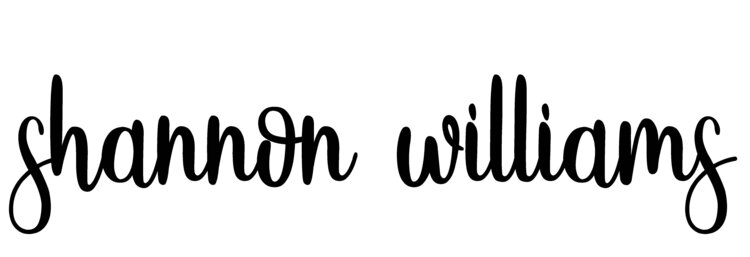This reflection on visiting the George Floyd memorial in Minneapolis was written at the request of my pastor and distributed to our church this week. It feels fitting to share it here as well.
I’ve started and stopped writing this a handful of times. There isn’t a way to gloss over, to tie up with a bow, this simple truth: we brought our children to the scene of a Black man’s murder. I mulled over my reasons but the pull to bring them wouldn’t leave me alone. It felt important. I felt the weight of it down to my bones. Surely that was reason enough.
Of course, it wasn’t the scene of any murder, but that of George Floyd’s. (Say his name.) The man whose death at the hands of Minneapolis police kicked off protests around the globe.
There was a hush over the intersection of 38th and Chicago the morning we visited. The sun was bright and glaring over the lifeless bodies of flowers (so many flowers), long since dried. Everyone was masked as they milled around the memorials: candles, signs, graffiti. The intersection felt more holy than church. “This feels sacred,” Tyson said as we drove, still a few blocks away. I nodded. It was what I was feeling myself. This was hallowed ground.
The kids carried homemade signs. “Remember George Floyd” said Brooklyn’s. “Honor! George! Floyd!” read Caden’s. (The exclamation points, he informed me, were important.)
“I’m so glad they brought their signs,” an older woman said to me, nodding to the kids as we passed her on the sidewalk as she took slow, shuffling footsteps.
“I thought it was important,” I told her. I smiled underneath my mask before remembering she couldn’t see. She and her companions continued to make their way slowly up the road. The pull to the intersection was magnetic.
We’d dropped off a load of donations on the way, to a Baptist church on the outskirts of downtown. It was the third time we’d done this, so at least that part seemed routine.
Outside of Cup Foods, however, was anything but routine. The kids took everything in with big eyes. We’d briefed them, as much as we could, about why we were here, who George Floyd was, why we were paying our respects. They also acted as you might expect from two six-year-olds and a four-year-old. They whined. Said they were bored. Asked to go home. Said they were hungry. The usual.
“Why’d he die?” Nolan asked loudly, so loudly, as he sat on top of Tyson’s shoulders looking where George Floyd’s body had lain, which someone had outlined on the ground in white. I winced and hoped no one minded; we’d explained several times. Then again, it’s hard to take in, even for someone who’s much, much older than four. Why did he die, anyway? It’s unfathomable. Also: all too familiar.
Anne Lamott writes of bringing her young son Sam to see a friend’s baby who died at five months old. She says, “I couldn’t explain why I thought it was right, except that I was taught to be terrified of sickness and death...and I believe this greatly compromised my life. Of course I want better for Sam.”
I think that feeling, deep in our bones, of feeling something is right, of the weight of its importance, of feeling the sacredness and holiness of a thing, is enough. Some might call this deep down gut-level nudge the Spirit herself.
Of course we want better for our children. That’s why we were there that morning, so we could show them how the worst in this world goes hand-in-hand with the best, like the outpouring of love we saw in a donated box of diapers, a pile of flowers, the childish handwriting on posterboard of the name of a man who should have never, ever died. Not like that.
If they ever ask, maybe, someday, about 2020, if they ask, “What did we do?”, I can show them photos and tell them, “Look, we were there.” Because we wanted more and better for our world. I can tell them how we showed up and bore witness to the pain. I can tell them that we voted, that we protested, that we donated, that we read books and processed our privilege, both on our own and with them, and that we did what we could to work towards social justice. Because the Spirit told us to. Because we felt it in our bones. Because it’s just that important.

